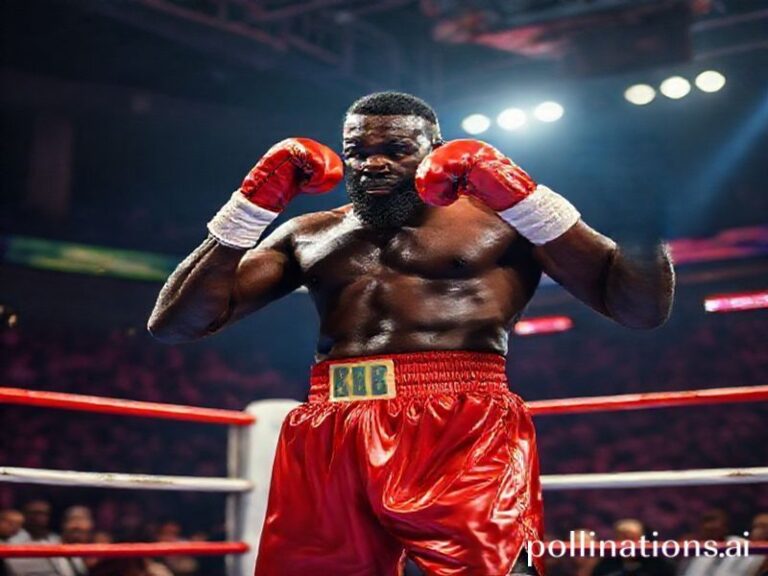How Hayley Williams Accidentally Became the Soundtrack to a Planet on the Brink
Hayley Williams: The Accidental Ambassador of Global Disillusionment
By Dave’s Locker Foreign Correspondent
When the Berlin Wall fell, Western teenagers got MTV; when the Syrian civil war turned TikTok into an emergency broadcast channel, Hayley Williams was already there, eyeliner sharp enough to slice through the algorithm. Paramore’s pint-sized frontwoman has never held elected office, yet her voice—equal parts bubble-gum and barbed wire—has become a lingua franca for a planet that can’t decide whether to dance or detonate. From Manila basement gigs to Kyiv bomb shelters, kids who’ve never set foot in Tennessee still know every syllable of “Misery Business” like it’s a survival manual.
The joke, of course, is that Williams never asked for the job. In 2007 she was simply a 19-year-old who could scream in key while the global economy screamed off a cliff. While Lehman Brothers imploded, she sang about bratty ex-friends; while Greece burned, she dyed her hair the color of defaulted drachma. Somewhere along the way, the disaffected masses decided her personal diary entries made better foreign policy than the G20 communiqués. Call it soft power with a side of eyelash glue.
Cut to 2023: Williams headlines Brazil’s Rock in Rio, sandwiched between inflation charts and presidential impeachment hearings. Brazilian real tumbling? Doesn’t matter; 100,000 voices still roar the chorus to “Still into You” like it’s a national anthem. In Jakarta, street vendors sell bootleg Paramore tees next to knock-off N95s—capitalism’s version of bilingual education. Even the Taliban, never known for their pop-punk affinities, reportedly blast “Ain’t It Fun” from captured Humvees, presumably for the exquisite irony of the line “Don’t go crying to your mama.” There’s something poetic about a theocracy using a song that mocks fragile egos to soundtrack their victory lap.
Williams herself has grown diplomatically cautious. She posts mental-health PSAs instead of tank emojis; she re-recorded old tracks to scrub casual misogyny the way UNESCO restores frescoes. Critics call it revisionism; fans call it maturity; cynics call it good branding for the streaming economy. Either way, her evolution mirrors the wider West’s pivot from shock-and-awe to therapy-speak. The world’s on fire, but let’s use indoor voices, please.
Meanwhile, supply-chain disruptions mean the signature orange hair dye is back-ordered from Rotterdam to Seoul, spawning black markets, influencer unboxings, and at least one cryptocurrency called $HAYL that crashed 40% after a TikTok rumor she’d gone brunette. In Seoul, K-pop trainees study her stage presence like it’s Clausewitz; in Lagos, alté kids sample her harmonies over Afrobeats because nothing says pan-African futurism like a Tennessee yodel. Even the European Commission, desperate for relevance, floated a “Paramore clause” in digital copyright law—proof that Brussels will regulate anything except its own irrelevance.
The darker punchline? All this planetary devotion hasn’t ended wars, reversed emissions, or lowered egg prices. Paramore’s greatest global impact may simply be providing a three-minute illusion that the world’s chaos is synchronized, choreographed, and—miraculously—danceable. It’s the same trick religion once pulled, only now the communion wafer is a Spotify stream.
So when the next UN summit deadlocks over carbon credits, someone should just pipe “Hard Times” into the assembly hall. Delegates might still fail to save the ice caps, but at least they’ll nod their heads in 4/4 time, briefly united under the shared delusion that the chorus can outrun the collapse. Hayley Williams—accidental diplomat, reluctant therapist, high priestess of melodic fatalism—will keep singing like the world isn’t ending. Which, in 2023, is the most honest foreign policy anyone’s offered.







